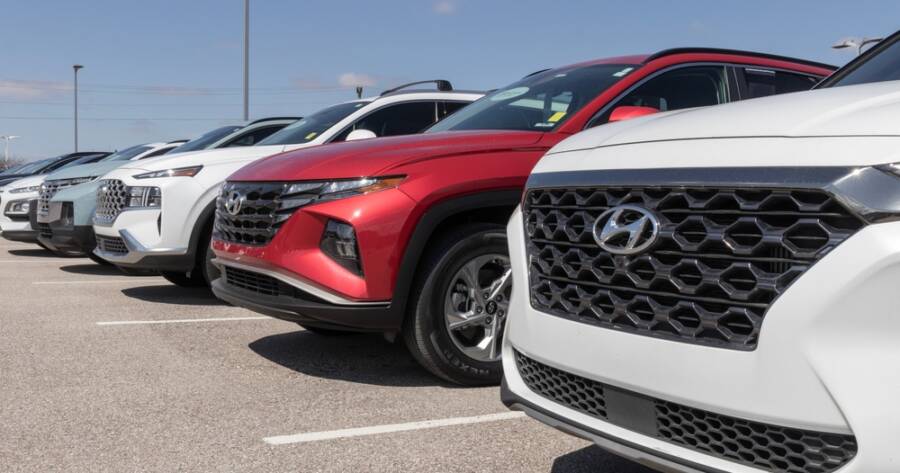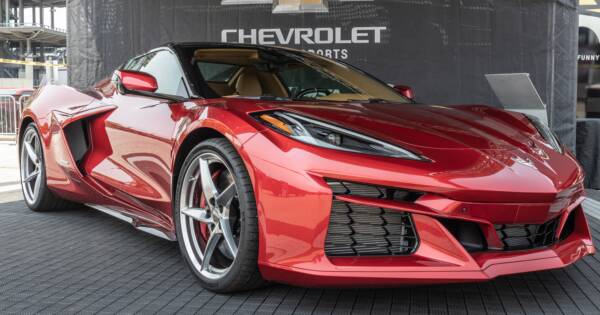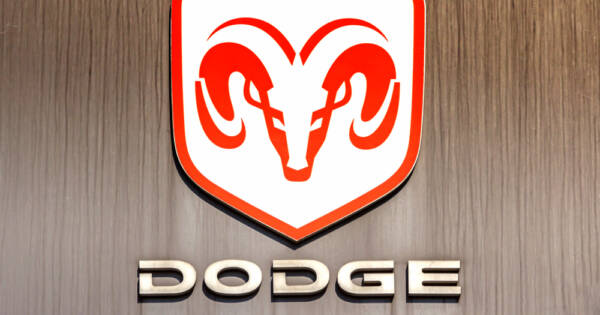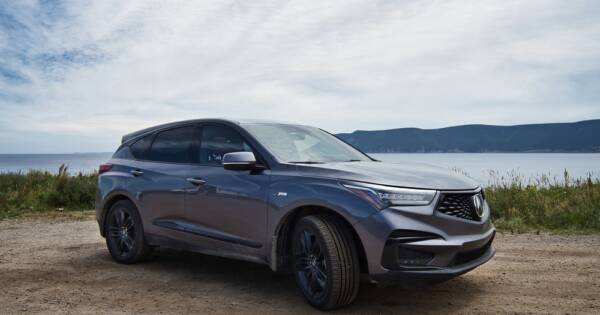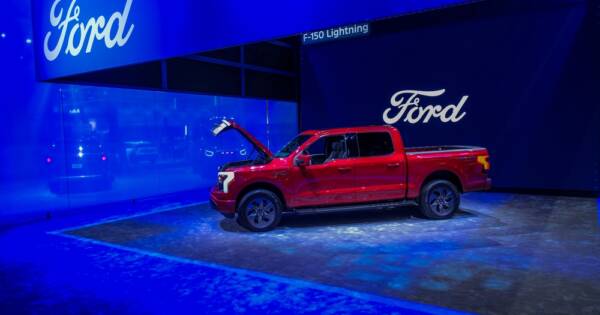The rapid rise of electric vehicles is reshaping the used car market in ways that buyers and sellers are only beginning to fully recognize. As more EVs enter their second and third ownership cycles, factors like battery health, charging infrastructure, long-term maintenance costs, and evolving incentives are influencing resale values. Shifts in consumer demand and growing familiarity with EV technology are further accelerating the transition, creating new opportunities—and challenges—throughout the pre-owned car landscape.
More Electric Cars, More Used Options
As EV sales grow, so does the number of used electric cars available. Many early adopters who bought EVs just a few years ago are now trading them in for newer models with longer ranges and better features. This creates a growing inventory of used electric cars on dealer lots and in private sales.
Buyers who may have hesitated to purchase a new EV because of high costs are now exploring the used market as a more affordable entry point. As a result, more people are considering EVs who might not have looked at them before, opening up new opportunities for the secondhand car industry.
Lower Depreciation in Some Models
Depreciation has traditionally been a challenge for EVs, with many losing value faster than gas-powered cars. However, that trend is starting to shift—especially for certain brands and models with strong battery life and widespread charging support. In some cases, used electric vehicles are holding their value better due to rising demand and higher prices for new models.
Government incentives for new EV purchases can affect used car prices, though. When buyers get rebates on new EVs, it may push down the resale value of older versions. But as tax credits shift and inventory levels change, the used market is becoming more dynamic. Buyers are watching brand reputation, battery condition, and warranty terms more closely than ever before.
Changing Buyer Expectations and Habits
People shopping for used cars are now asking different questions than they did in the past. Range, battery health, and charging options are becoming key concerns. Some buyers want to know whether the vehicle can use fast-charging stations or if the car’s software can still be updated.
Dealerships are adapting by training staff to understand electric vehicle technology. Many are now offering battery health reports, charge cable packages, and warranties tailored to EVs. This shift reflects a growing understanding that electric cars aren’t just about fuel savings—they represent a different kind of ownership experience.
A New Layer of Complexity for Sellers
Selling a used electric car can be more complex than selling a gas-powered vehicle. Sellers need to provide details like battery history, charging habits, and service records. These factors affect resale value and buyer confidence.
Private sellers, in particular, are learning that transparency is key. A buyer is less likely to purchase a used EV if they don’t feel confident in the condition of the battery or the availability of local charging stations. While Carfax reports don’t yet include EV battery health, companies like Recurrent now offer tools that assess battery condition and provide EV-specific insights for buyers and sellers.
Environmental Benefits Add to Buyer Appeal
Many buyers in the used market are motivated not just by savings, but also by environmental concerns. Choosing a used EV is seen as a sustainable choice that reduces emissions without the environmental footprint of manufacturing a brand-new vehicle.
As more people look for eco-friendly options in all areas of life, the appeal of used electric cars is likely to grow. This shift may help extend the life of EVs on the road and reduce overall vehicle waste, further boosting the resale appeal of well-maintained electric cars.
Expanding Role of Certified Pre-Owned EV Programs
Another emerging trend is the rapid growth of certified pre-owned (CPO) electric vehicle programs. Major automakers are expanding their CPO offerings to include EV-specific inspections, extended battery warranties, and guarantees on software compatibility. These programs give hesitant buyers more confidence by addressing two of the biggest concerns in the used EV market: long-term battery performance and repair costs.
As manufacturers compete for brand loyalty in an increasingly crowded EV landscape, strengthened CPO programs are becoming a strategic tool—helping stabilize resale values, improve trust, and make used electric cars a more mainstream choice for both first-time EV owners and budget-focused shoppers.
A Market in Transition
The rise of electric vehicles is clearly reshaping the used car market in the United States. More options, new buyer behaviors, and evolving expectations are driving change.
Whether you’re buying or selling, understanding how EVs affect value and demand can help you make smart decisions. As technology improves and adoption grows, the used EV market will continue to play an important role in how Americans drive—and how they shop for their next car.
